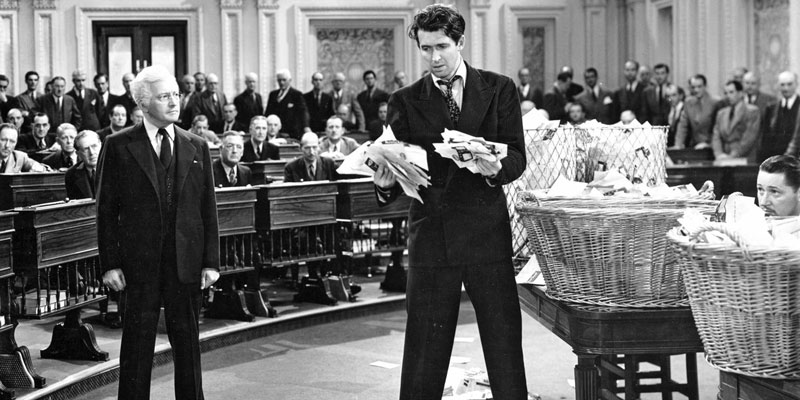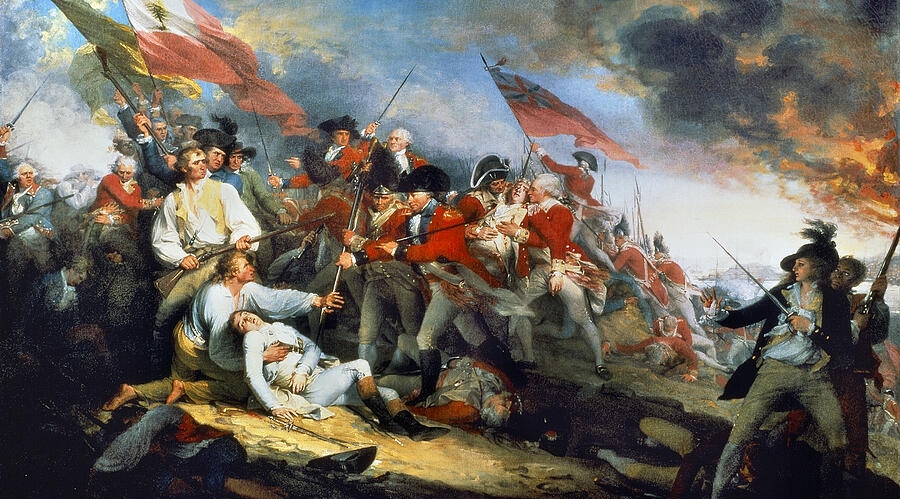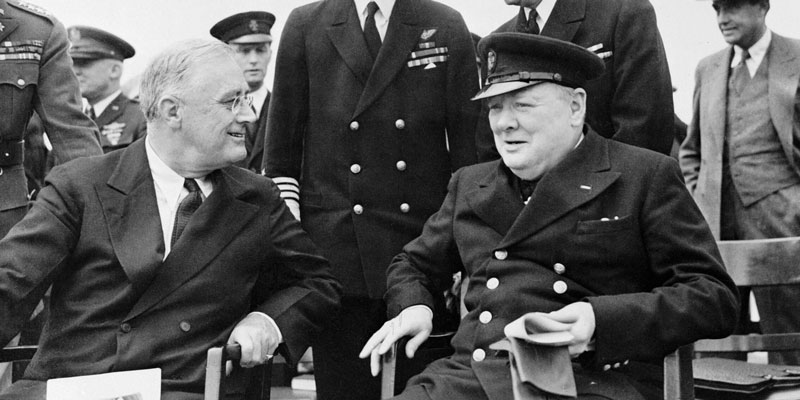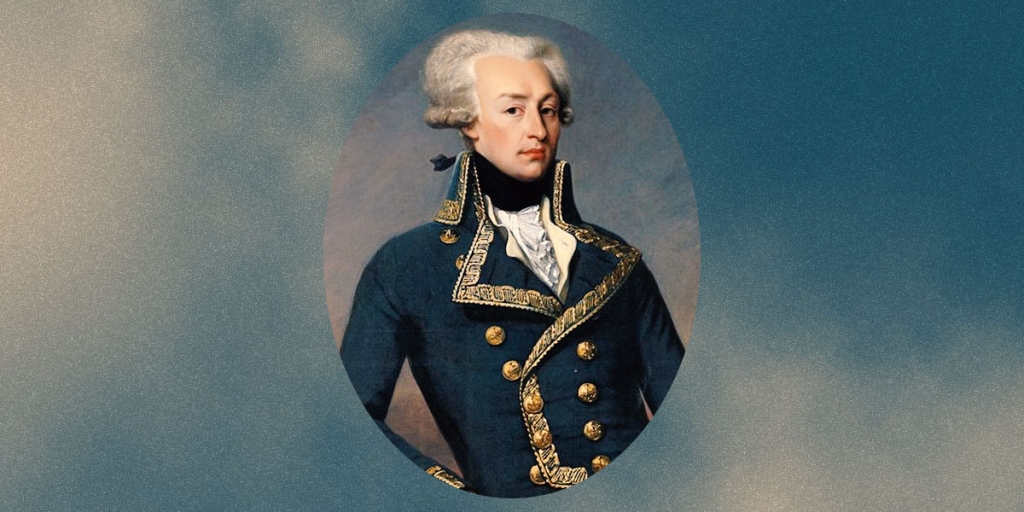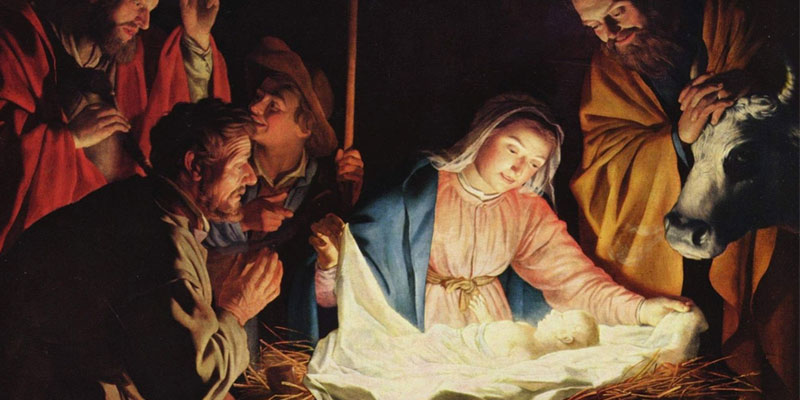As Thanksgiving morphs into Christmas, the December television schedule will be filled with the usual assortment of Christmas classics, not the least of which is Frank Capra’s It’s a Wonderful Life. I’ve lost count of the number of times I’ve seen his movie and unlike some classics that are tiresome, Wonderful Life always grabs me. The idea of selfless giving is made manifest when the entire community comes to George Bailey’s aid. I think every small business owner secretly views his business as the Building and Loan and himself as George Bailey!
But Wonderful Life was not Capra’s masterpiece. His pre-war films all exalt the humble everyman taking on the various goliaths of the age. If you like Wonderful Life, let me suggest a Capra Trilogy to enjoy with your family over Christmas: You Can’t Take It With You; Mr. Smith Goes to Washington and Meet John Doe. Each of these movies plants a seed of a theme culminating in Wonderful Life. I don’t think you can watch any of these movies without a renewed sense of what it means to be an individual pitted against a soulless property developer, corrupt political leaders or a manipulative selfish tycoon.
Capra was a master of giving depression area people a toe hold in a uniquely American system that made Davids believe that Goliath could be defeated. But the doom of the strong was the happiness that radiated from the seemingly powerless little man. Though possessed of limited resources, he had the intangibles that faithful people know as the fruit of the spirit: Love, joy, peace patience, kindness, etc. In fact, all of Capra’s movies are really a morality play to inspire people to take on the challenges of their life and to stand up to the shameless bullies who yield power mainly for powers sake and the ego that comes with flexing muscles to show off.
The strain of populism so ingrained in the lives of Americans is perfectly reflected in Capra’s films. His focus was on the human action of simple everyday people making decisions based on visions of simple moral clarity. He lifted the permanent things that are so often neglected when compared to the temporary glitz and glamour of material gain. Each film contains a large dose of middle American values magnified time and again against the traps and situations of a complicated impregnable bureaucratic world. And in each case, the little guy wins, and the big mules not only lose face but are publicly shamed into accepting if not participating in their own defeat.
These films are in many ways a large mirror reflecting not only the tenor of the times, but also the implicit impact of the original sin of human nature struggling for freedom. In short, people can see themselves in these films and identify with the characters. Everyone wants to see the characteristics of the white hatted hero in themselves but are reminded by conscience that some of the traits of the villain are part of their psyche too. Everyone hopes that internally within their personal OODA loop, they will make wise and prudent choices when faced with decisions of moral consequence. Everyone in Capra’s films has a shot at redemption but not every character accepts the offer; the developing conflicts are what make each film so entertaining.
Capra’s films had consequence when they were initially screened by uplifting average people and giving them hope and a feel-good sense of their personal significance. Perhaps the greatest tribute to the impact of Capra’s films is that Mr. Smith was the last American film shown in France after the Nazi occupation. To the consternation of almost all of the American political class (including Ambassador Joseph Kennedy), the French were so inspired by a country that allowed dissention, vigorous debate and free speech, that as the lights of their freedom were dimming, they chose to see America at its best in the person of Jefferson Smith. There is no way to measure the number of French resistance fighters embolden by this film.
If you liked Wonderful Life, be inspired by the unabashed patriotic films of Frank Capra. You’ll be motivated and perhaps even challenged to identify with a character to live out the American dream in simple community with others who also struggle against human nature to find goodness and selfless service in their daily life.
Will Sellers is an associate justice on the Supreme Court of Alabama




